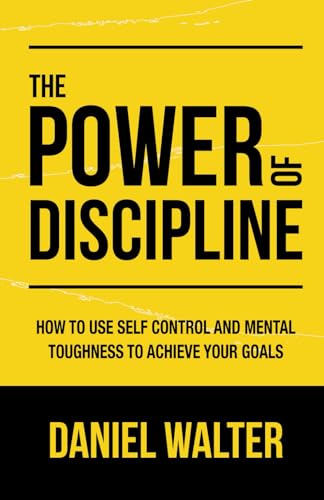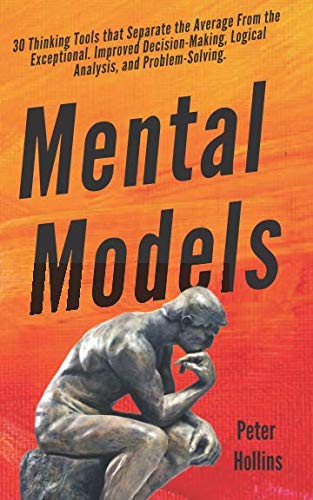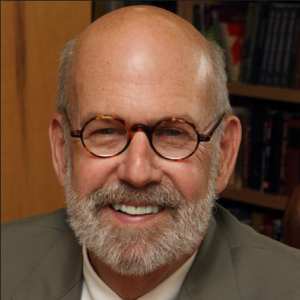In many of my weekly columns, I’ve talked about the great Murray Rothbard’s ideas. In this week’s column, I’m going to tell you what Murray was like as a person. Rothbard was the happy warrior. Rothbard thrilled to spend time with students and faculty and anyone interested in liberty. When you spoke to him, he was glad to talk about the field of interest that was the other person’s specialization. Whether it was history, philosophy, ethics, economics, politics, religion, Renaissance painting, music, sports, Baroque church architecture, or even the soaps on TV, he always made others feel more important.
He was always excited to give credit to others and to draw attention to the contribution of everyone to the great cause. He never held a grudge for long: even for those who betrayed him personally, there was always an opportunity for reconciliation open. All of these traits extended from his amazing generosity of spirit, which I attribute to his love of truth above all else.

The Power of Disciplin…
Best Price: $4.34
Buy New $12.15
(as of 09:57 UTC – Details)
Here is what my late and lamented friend Dr. Gary North had to say about this: “He was a one-man clearinghouse. I’ve listed three things: a clearinghouse of ideas, of footnotes, and talent. He would put people of considerable gifts into contact with each other. This was in a day before there was a Web. He would do it by the fact that bright kids were coming. He knew so many of them. He would put them in contact with each other. He would help them with their reading. He would give bibliographical information. He was just extraordinary. This man made it possible for a group of disciples to get their feet on the ground epistemologically and intellectually. Now, Mises did the same. Mises performed that role after World War I in Vienna with the Mises Circle. Hayek was attracted. Röpke was attracted. He picked off some of the best and the brightest of his generation and pulled them out of socialism. But Murray did this, not from a strong position institutionally, but essentially no position institutionally. Mises at least had a paid position in the Austrian Chamber of Commerce. Murray was fortunate to get jobs writing book reviews, and get little grants here and there from under-funded libertarian organizations, of which there were only a handful anyway. He created a sense of camaraderie. This I know in a later period, but I’ve had it told to me again and again by once-young men and women. That’s fun—camaraderie is a good thing. And he was an optimist. You always hear the phrase—at least in my generation you did, attached to Hubert Humphrey—the ‘happy warrior.’ Murray was a happy warrior. He really was a happy warrior. He was always happy. He always had a good word to say. And even when he beat up on people verbally, it was (usually) always in a light-hearted manner—devastating, but light-hearted. I always appreciated that.”
And yet this raises the question: Why were there so many who benefitted from Rothbard’s personal mentorship and later turned on him to denounce him and try so hard to topple him from his position as Mr. Libertarian? Some, like the billionaire Charles Koch, attempted to run his name out of public life, as documented in Brian Doherty’s Radicals for Capitalism.
Here is a stab at a reason. To be around Rothbard, and to be part of his circle of friends, was an enormously flattering experience. He made everyone feel brilliant and important. He wasn’t the sort to insist that one sit at his feet and learn from him. He drew you in and made you feel as if you were making a great contribution to a historic project. If you made a point that he thought was a good one, he would praise you to the skies.
If you go through Rothbard’s work, you find an unleashed passion for giving others credit for contributions to the history of ideas. His Ethics of Liberty, for example, is replete with citations to people who otherwise made no mark. The people who entered into his world began to think of themselves as Rothbard’s intellectual equals, and this was not an accident. It was something that Rothbard himself encouraged. He was radically against the creation of a personality cult, and instead shared and spread his ideas with profligate abandon.
We all do well to emulate this master when we go about our work. When Rothbard would take on a subject, his very first stop was not to sit in an easy chair and think off the top of his head. Instead, he went to the literature and sought to master it. He read everything he could from all points of view. He sought to become as much an expert in the topic as the other experts in the field.
A friend tells the story of a time when he was hanging around Rothbard’s apartment one summer. The conference that was coming up that weekend was mentioned, and Rothbard had forgotten about it. Rothbard rushed to the typewriter and started writing. The words flowed from him as if the entire paper had already been written in his head.
The result was a 60-page paper on monetary history and theory, complete with bibliography and footnotes. The scene was recalled to me the way miracles are described in the Gospels. His jaw was on the floor in amazement.
In other words, Rothbard’s first step toward writing was to learn as much as possible. He never stopped taking this step for his entire life. There was never a point when he woke up feeling as if he knew all that he needed to know. No matter how much he wrote, he was always careful to read even more.

Mental Models: 30 Thin…
Best Price: $3.30
Buy New $15.24
(as of 04:25 UTC – Details)
There is another respect in which we can all emulate Murray. He was fearless in speaking the truth. He never let fear of colleagues, fear of the profession, fear of editors or political cultures, stand in the way of his desire to say what was true. This is why he turned to the Austrian tradition even though most economists at the time considered it a dead paradigm. This is why he embraced liberty, and worked to shore up its theoretical and practice rationale, at a time when the rest of the academic world was going the other way.
This fearlessness, courage, and heroism applied even in his political analysis. He was an outspoken opponent of the U.S. nuclear buildup and militarization during the Cold War. His opinion in that regard cost him many publication outlets. It cost him friends. It cost him financial supporters. It hurt his prospects for professional advancement. A surprising number of his articles were written for very small publications, simply because the larger ones were captives of special interests.
But time would eventually reveal that he took the right path. Forty years of pro-Cold War writing on the Right were made irrelevant by events. Rothbard’s work during these years has stood the test of time. He is seen as one of the lone prophets of the collapse of socialism in Russia and Eastern Europe.
 Murray again showed his integrity when he broke with the billionaire Charles Koch. He knew that a smear campaign would be launched against him, but he refused to support the Koch-Ed Crane sellout in the 1980 election. Looking back, Rothbard thought that the “heady excitement” of the founding of Cato led people to be blind to two problems: “(1) A monopoly of any movement lacks the essential feedback and checks and balances that competition always brings…; (2) Almost comparably to government action, throwing lots of money at a problem doesn’t always solve it. C. K. threw enormous amounts of money too fast at people (many who turned out to be turkeys) to people who scarcely deserved it.”
Murray again showed his integrity when he broke with the billionaire Charles Koch. He knew that a smear campaign would be launched against him, but he refused to support the Koch-Ed Crane sellout in the 1980 election. Looking back, Rothbard thought that the “heady excitement” of the founding of Cato led people to be blind to two problems: “(1) A monopoly of any movement lacks the essential feedback and checks and balances that competition always brings…; (2) Almost comparably to government action, throwing lots of money at a problem doesn’t always solve it. C. K. threw enormous amounts of money too fast at people (many who turned out to be turkeys) to people who scarcely deserved it.”
The choices he made in life were not designed to advance his career. They were made to advance liberty and truth. For many years, publications were closed to him. He did not teach in a prestigious institution. His income was small. Only very late in life did he begin to get his due as a thinker and teacher. But he never complained. He was grateful for any and every opportunity that came along to write and teach. His legacy is now a living part of the world of ideas. The people who tried to exclude him and write him out of history are mostly forgotten.
Let’s do everything we can to emulate Murray Rothbard in his warmth of personality and devotion to truth!














